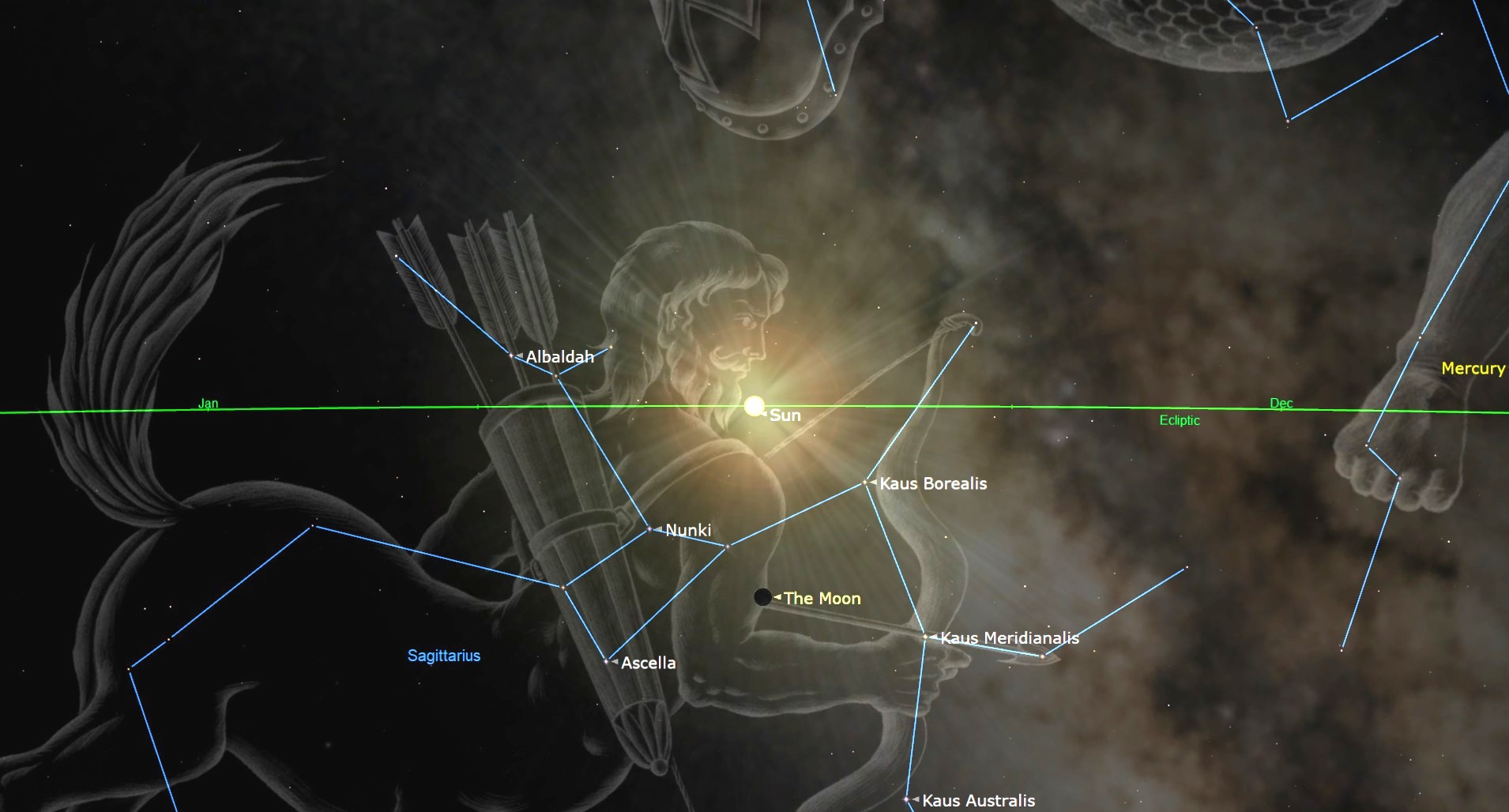
A Rare "Black Moon" to Light Up the Skies Tonight: December 30, 2024
Tonight, December 30, 2024, marks the arrival of a rare celestial event known as the "black moon," which is the second new moon in the same calendar month. This phenomenon is a rare occurrence, and it's sure to captivate stargazers and astronomers alike. The black moon will occur precisely at 5:27 p.m. ET (2227 GMT), according to the U.S. Naval Observatory.
Now, you might be wondering—what exactly is a black moon? A black moon occurs when there are two new moons in a single month, a rare alignment that only happens every couple of years. While it's not an official astronomical term, the name "black moon" has caught on due to the moon's absence from the night sky during this phase. In other words, the new moon is invisible to us on Earth because the side of the moon facing the Sun is turned away from us, leaving us in complete darkness. This is also the phase of the moon that coincides with solar eclipses when the new moon becomes briefly visible.
Also Read:- WickedSurpassesMamma Mia!as the Highest-Grossing Broadway Adaptation Globally
- Fireworks in Perth: The Best NYE Plans at Elizabeth Quay and Beyond
The second new moon of December follows a rare Mercury conjunction on December 28, which saw the moon aligning with the planet Mercury. However, this conjunction wasn’t visible from the U.S. due to the low position of the moon and Mercury on the horizon. Still, this alignment adds to the exciting cosmic activity happening in the sky.
For those of us who love stargazing, a new moon is actually a blessing. The lack of moonlight means that fainter celestial objects, like distant stars and galaxies, are easier to spot. This is especially true in winter when the air is typically clearer and drier, improving visibility. If you're planning on viewing distant objects like the Orion Nebula or other deep-sky wonders, tonight's black moon will offer the perfect opportunity.
Though the black moon itself isn’t visible, the absence of its light opens up the sky for other celestial bodies to shine through. After the new moon, Mercury will rise before dawn on December 31, and throughout the evening, planets like Venus, Saturn, and Jupiter will be clearly visible in the southwestern sky. For those in the Northern Hemisphere, the constellation Orion, the mighty Hunter, will be making its appearance in the eastern sky as well, making for a spectacular sight.
Whether you're an amateur stargazer or a seasoned astronomer, tonight’s black moon is a reminder of the incredible celestial events that continue to unfold in our night skies. The rare occurrence offers a quiet moment to appreciate the wonders of the universe and perhaps even get inspired to explore the cosmos further. So, while the moon remains hidden tonight, the universe will be far from dark.
Read More:



0 Comments